This website uses cookies so that we can provide you with the best user experience possible. Cookies are files saved on your phone, tablet or computer generated when you visit a website and performs functions such as recognising you when you return to our website and helping our team to understand which sections of the website you find most interesting and useful.
Category: School Age (Ages 4-11)
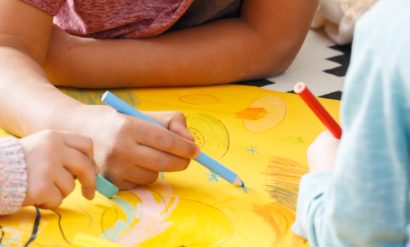
O: Oppression, agency, play and education
6 July 2022
What would organised education look like with agency at its heart?

P: Pretend play: Promoting positive emotions in children
6 July 2022
Why is pretend play a particularly positive place for children? 假装游戏: 提升儿童的正面情绪

Q: Quality research for quality classroom practice
6 July 2022
How can we ensure that research is accessible and feasible in our classrooms?
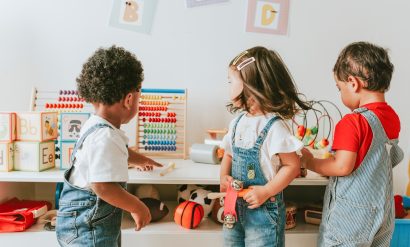
S: Social play and its importance – it takes two!
6 July 2022
What skills do children need to play together and how can we help them along the way?

T: Transitions: Play and the transition to school
6 July 2022
How can we use play to support children in their transition to school?

U: Unconventional ideas: What is creativity and how can it be nurtured?
5 July 2022
Why are play researchers interested in creativity?

V: Videos of family play moments support child development
5 July 2022
Are videos of play a helpful way for families to learn about and respond to their children's behaviour?
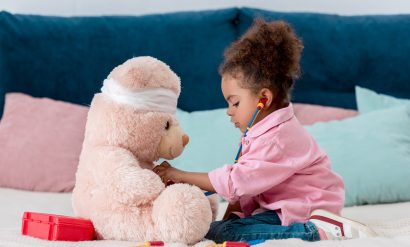
W: Why we all need play in a crisis
5 July 2022
How can play help us to understand and process thoughts and emotions during times of trauma or crisis?
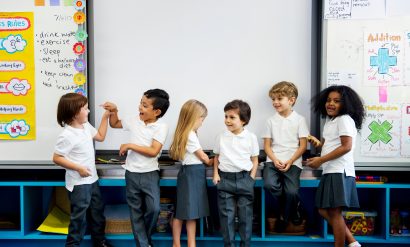
Z: Zest! Motivation and playful learning in the classroom
5 July 2022
How can teachers harness children's inner drive to learn?
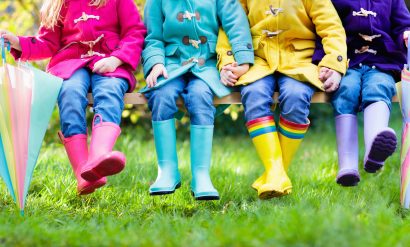
Parent Cooperative Early Learning: The Playcentre Approach
5 July 2022
Whānau Tupu Ngātahii means families growing together. Paul Crowhurst tells us more about Playcentre, a family-led, play-based approach to early childhood education in New Zealand.

